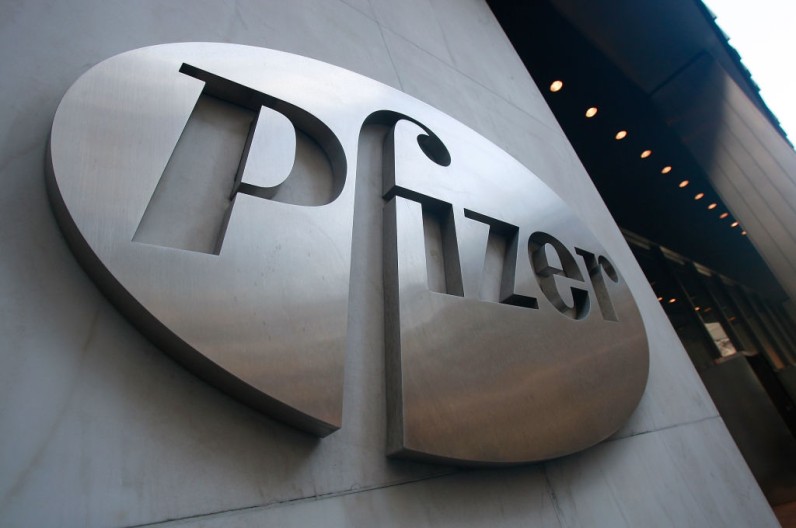
Pfizer announced Monday it will stop developing its once-daily weight-loss pill, danuglipron, after a patient in a trial showed signs of liver injury that may have been caused by the drug.
Although the patient didn't show symptoms, tests revealed elevated liver enzymes — a warning sign of possible damage.
The company said the enzymes quickly returned to normal after the patient stopped taking the drug.
This decision comes after Pfizer reviewed all clinical data and recent feedback from regulators. "While we are disappointed to discontinue the development of danuglipron, we remain committed to advancing other promising programs," said Dr. Chris Boshoff, Pfizer's chief scientific officer.
According to CNBC, Danuglipron is part of a group of drugs known as GLP-1s, which help people lose weight by controlling appetite and blood sugar.
These drugs have become very popular, with some analysts expecting the industry to grow to $150 billion by the 2030s.
Pills like danuglipron are seen as more convenient alternatives to weekly injections, such as Wegovy and Zepbound.
BREAKING: Pfizer abandons weight-loss pill after one liver injury.
— “Sudden And Unexpected” (@toobaffled) April 14, 2025
But vaccine injuries? No problem.
Guess there's no mandate to be skinny. pic.twitter.com/dFFUSKuuFZ
Pfizer Ends Once-Daily Danuglipron Trial After Liver Concerns
Pfizer had already stopped testing a twice-daily version of danuglipron in December 2023 after many patients couldn't tolerate the drug, EuroNews said.
Still, the company moved ahead with the once-daily version and said as recently as July that it was confident about its potential. The new trial met its goals and showed possible "competitive efficacy and tolerability."
Despite ending the danuglipron project, Pfizer noted that the rate of liver enzyme increases seen in the trial was similar to those in other approved GLP-1 drugs. Over 1,400 people have taken danuglipron in studies.
Pfizer has faced multiple setbacks in its efforts to enter the weight-loss drug market. Investors have remained cautious, especially after another once-daily obesity pill was dropped in June 2023 due to similar liver concerns.
But the company isn't giving up on obesity treatments. It has other early-stage drugs in the pipeline, including a pill that blocks a different gut hormone called GIPR. Pfizer believes this approach may be more effective and easier for patients to tolerate.
The only FDA-approved oral GLP-1 drug so far is Rybelsus, from Novo Nordisk, which made $3.38 billion in 2024. Pfizer hopes future drugs can compete in this growing field.







Join the Conversation